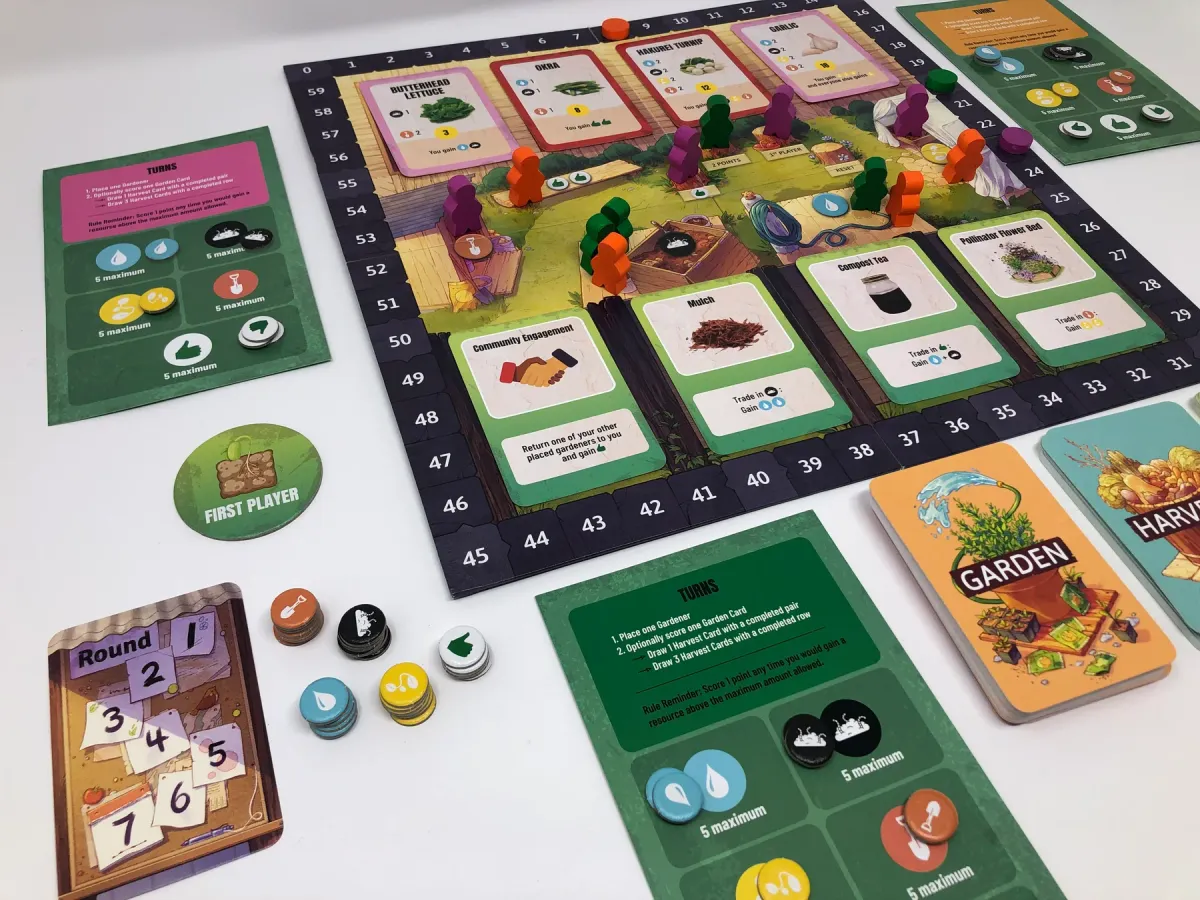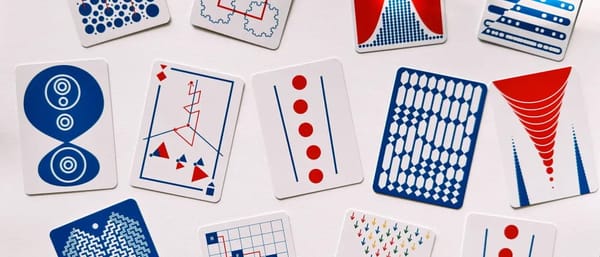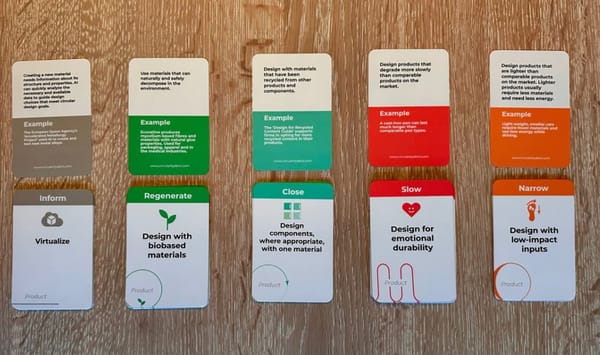№ 24 | Games for a Cause, Virtual Ice Breakers, Using GPT3 to Generate HMW Statements, Design Principles for Streets, and Games in the Classroom

Games for a Cause!
So… a few months ago, I shared the Beautiful Trouble Strategy Card Deck. What I didn’t pause to do was look at the OTHER stuff offered by The TESA Collective (I should have paid more attention: TESA = The Toolbox for Eduction and Social Action 🤦♂️).

Anyway, this group has published several mission focused board games, such as Space Cats Fight Fascism, STRIKE! The Game of Worker Rebellion, and Community Garden: The Board Game (which looks especially interesting to me!).
Virtual Ice Breakers! 🎉
Over on Twitter, Candi asked for “ideas for non-cringey, actually fun virtual ice breakers, pretty please?” Some good suggestions in the comments.
Which led me to discover…
The Skin Deep, which sells a variety of themed card decks full of interesting conversation starters.

GPT3 + HMW
Despite all the raging popularity of ChatGPT, I haven't shared anything on this topic… until now. Okay, technically this isn't ChatGPT, but GPT3. That clarified, here's something for all of us who use ‘How might we…’ statements: David Thompson has built a GPT3-powered 'How Might We...' generator. Enjoy.
Design principles for streets
Here's a read that will diversify your “thinking around what streets are about.” In ”Working with Brian Eno on design principles for streets,“ urban designer Dan Hill discusses a set of design principles for… streets. Yes, streets! It's a refreshing view of something many of us wouldn't normally think of as being designed. Engineered yes, but not necessarily designed. Here's the premise:
the whole point of cities is culture, not efficiency… And if we recognise that streets are the basic unit of cities, then they must be about culture too; they convey what we stand for.
It's a great, thought-inducing read. The principles all on their own (listed below) are fascinating, while Hill's exploration of each is a rewarding exercise.

This introductory paragraph on the role of design principles especially resonated with me:
The best design principles should have a sense of direction, accumulating to a clear sensibility and ethos—they must stand for something, greater than the sum of their parts—yet they should also be open, diverse and with more than a little wiggle room. They are supposed to be generative rather than constraining.
GeneratIVe, rather than constraining. Love it!
Words I love to hear!
Let's go out on some words that make my heart sing! Back when I was a high school teacher, I prided myself on creating activities that made learning fun and incredibly engaging. I still recall students lighting up, after the introduction of an assignment, sometimes blurting out “Ooh, this is going to be fun!” followed a second later by “Oh, this is going to be hard!” Anyway, here's an award-winning history teacher commenting on the benefits that games can play in the classroom:
Much of the time, the kids don’t realize that they are working harder and learning more
Boom! There it is. Working harder. Learning more. And isn't this true for all ages?





